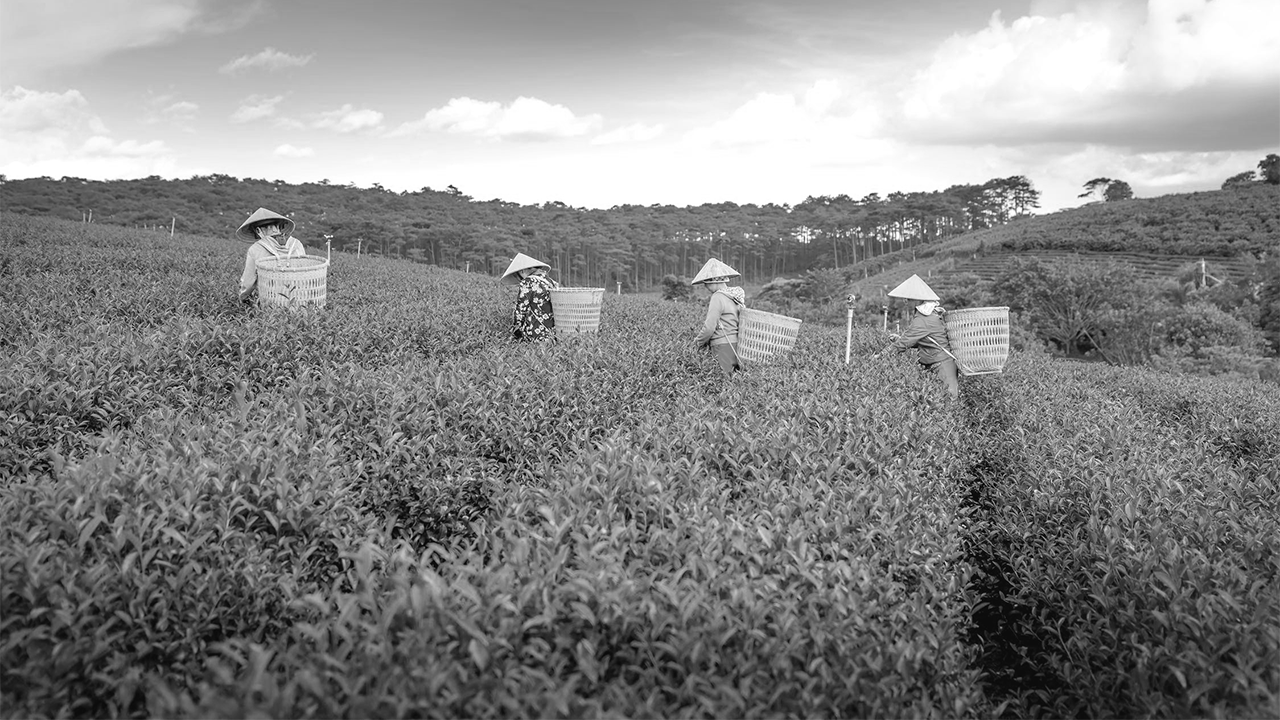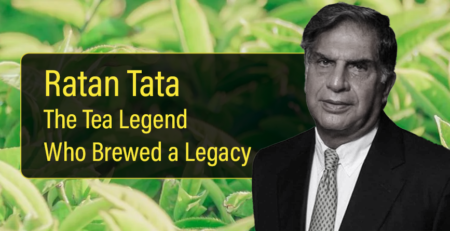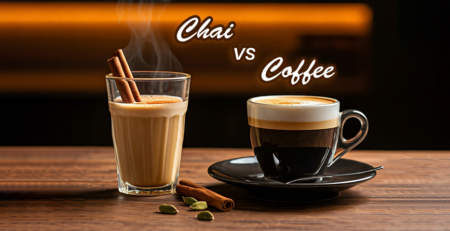Exploring the origins and cultural significance of India’s beloved beverage.
India is a country that has a rich and diverse cultural heritage, and one of the most beloved aspects of this heritage is the country’s unique cuisine. One of the most famous and cherished beverages in Indian cuisine is tea. Tea is not just a drink in India, but it is a cultural phenomenon that has deep roots in the country’s history and social fabric.
Origins of Tea in India
Tea was introduced to India during the British colonial era in the 19th century. The British brought tea plants from China to India and began cultivating them in the foothills of the Himalayas. The first commercial tea plantation in India was established in Assam in 1837, and it soon spread to other regions such as Darjeeling and Nilgiris.
Although tea was introduced to India by the British, its cultivation and consumption quickly became an integral part of Indian culture. Today, India is one of the world’s largest tea producers, and tea is grown and consumed in almost every region of the country.
Types of Tea in India
India produces a variety of teas, each with its own unique flavor, aroma, and medicinal properties. The most famous types of Indian tea are:
Assam Tea: Assam is the largest tea-producing region in India, and its tea is known for its strong and robust flavor. Assam tea is often used in blends and is a staple in Indian households.
Darjeeling Tea: Darjeeling tea is known for its delicate flavor and floral aroma. It is often referred to as the “Champagne of teas” and is highly prized around the world.
Nilgiri Tea: Nilgiri tea is grown in the Nilgiri Hills of southern India and has a mellow flavor and fruity aroma.
Masala Chai: Masala chai is a spiced tea made with black tea, milk, and a variety of spices such as ginger, cardamom, cinnamon, and cloves. It is a popular beverage in India and is often served in roadside tea stalls and homes.
Cultural Significance of Tea in India
Tea is not just a beverage in India, but it is an integral part of the country’s culture and social fabric. Tea is used to welcome guests, initiate conversations, and forge friendships. It is often served with snacks and sweets, and it is a staple of many Indian households.
Tea also has several health benefits and is used in Ayurvedic medicine to treat a variety of ailments. It is believed to have anti-inflammatory, antioxidant, and anti-carcinogenic properties, making it a popular choice among health-conscious Indians.
In conclusion, tea is not just a beverage in India, but it is a cultural phenomenon that has deep roots in the country’s history and social fabric. From its origins in British colonialism to its current status as a beloved beverage and cultural icon, tea has played a vital role in shaping India’s cultural identity. With its unique flavor, aroma, and health benefits, Indian tea continues to captivate the taste buds and hearts of people around the world.












Leave a Reply